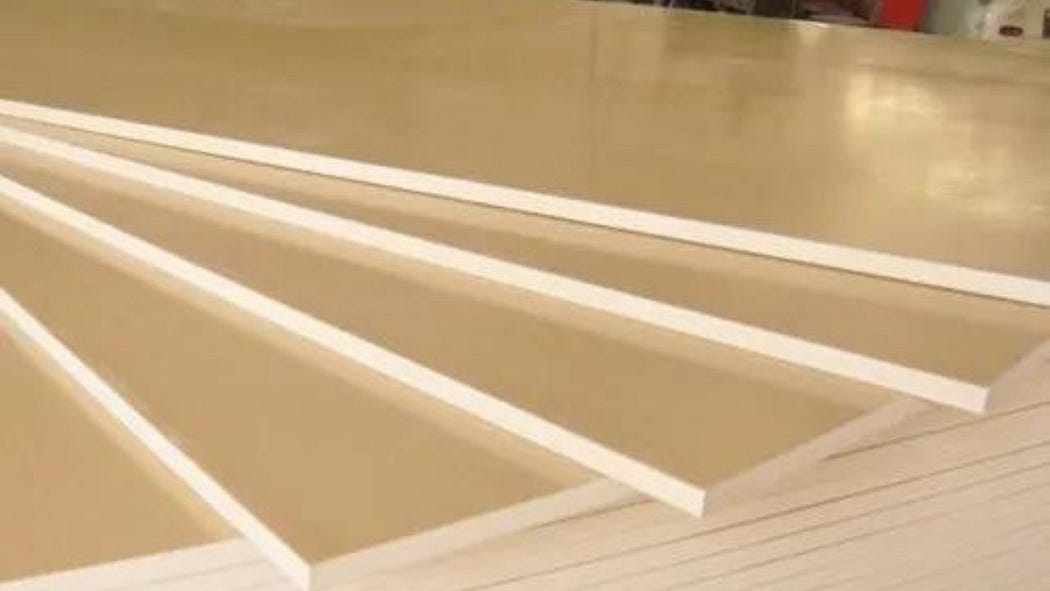How would WPCs durability and low maintenance benefit your construction projects?

In the world of construction, choosing the right materials is crucial to ensure the longevity and overall success of a project. One material that has gained significant traction in recent years is Wood-Plastic Composite (WPC). Combining the best attributes of wood and plastic, WPC offers a range of benefits, particularly its durability and low maintenance requirements. This article explores how these characteristics can positively impact your construction projects.
Understanding WPC
Wood-Plastic Composite is a versatile material made from a blend of wood fibers, plastic, and additives. WPC can be manufactured in various forms, including decking, siding, fencing, and interior finishes. Its unique composition allows it to mimic the appearance of natural wood while providing enhanced performance benefits.
1. Exceptional Durability
Resistance to Weathering
WPCs are engineered to withstand diverse weather conditions, making them suitable for both indoor and outdoor applications. Unlike traditional wood, WPC is resistant to rot, decay, and warping caused by moisture absorption. This resistance means that projects can maintain their integrity and appearance over time, reducing the need for frequent replacements.
Pest Resistance
Another significant advantage of WPC is its resistance to common pests such as termites and other wood-boring insects. Traditional wood materials are often vulnerable to infestations, which can compromise structural integrity and lead to costly repairs. WPC eliminates this concern, ensuring that your construction projects remain safe and sound over the long term.
Impact and Scratch Resistance
WPCs are not only durable against the elements but also against physical impacts. The materials used in WPCs provide a level of sturdiness that traditional wood cannot match, allowing it to resist scratches, dents, and other forms of damage. This capability makes them ideal for high-traffic areas, such as decking and flooring.
2. Low Maintenance Requirements
Minimal Upkeep
One of the most appealing aspects of WPC is its low maintenance nature. Unlike wood, which often requires regular sealing, staining, or painting to maintain its appearance and durability, WPC needs only simple cleaning with soap and water. This ease of maintenance translates to lower labor costs and less time spent on upkeep, allowing property owners and contractors to focus on other crucial aspects of their projects.
No Rot or Splintering Issues
Wood can develop issues such as rot, splintering, and fading over time, requiring extensive repairs or replacements. WPC, on the other hand, does not splinter and maintains its color and appearance for years. This characteristic makes it a safer choice for applications such as decking, as it provides a smooth surface that minimizes the risk of injury.
Long-Term Cost Savings
While the initial investment for WPC may be higher than some traditional materials, the long-term savings associated with reduced maintenance and replacement costs make it an economically viable choice. The durability and longevity of WPC mean fewer expenses over time, creating a favorable return on investment for construction projects.
3. Environmental Benefits
Using WPC allows for a greener approach to construction. Many WPC products are made from recycled materials, helping reduce waste and the demand for virgin resources. By choosing WPC, builders promote sustainability and contribute to a healthier environment, appealing to increasingly eco-conscious consumers.
Conclusion
The durability and low maintenance benefits of Wood-Plastic Composites make them an attractive choice for a wide range of construction projects. From their ability to withstand harsh weather and deter pests to their minimal upkeep and long-lasting performance, WPCs help contractors and property owners maximize efficiency and reduce costs. As the construction industry continues to evolve, embracing innovative materials like WPC can lead to better building practices, more sustainable projects, and ultimately, increased satisfaction for clients and end-users alike. Whether you’re constructing a residential deck, commercial façade, or garden feature, WPC can provide the durability and ease of maintenance that modern construction demands.


Comments
Post a Comment